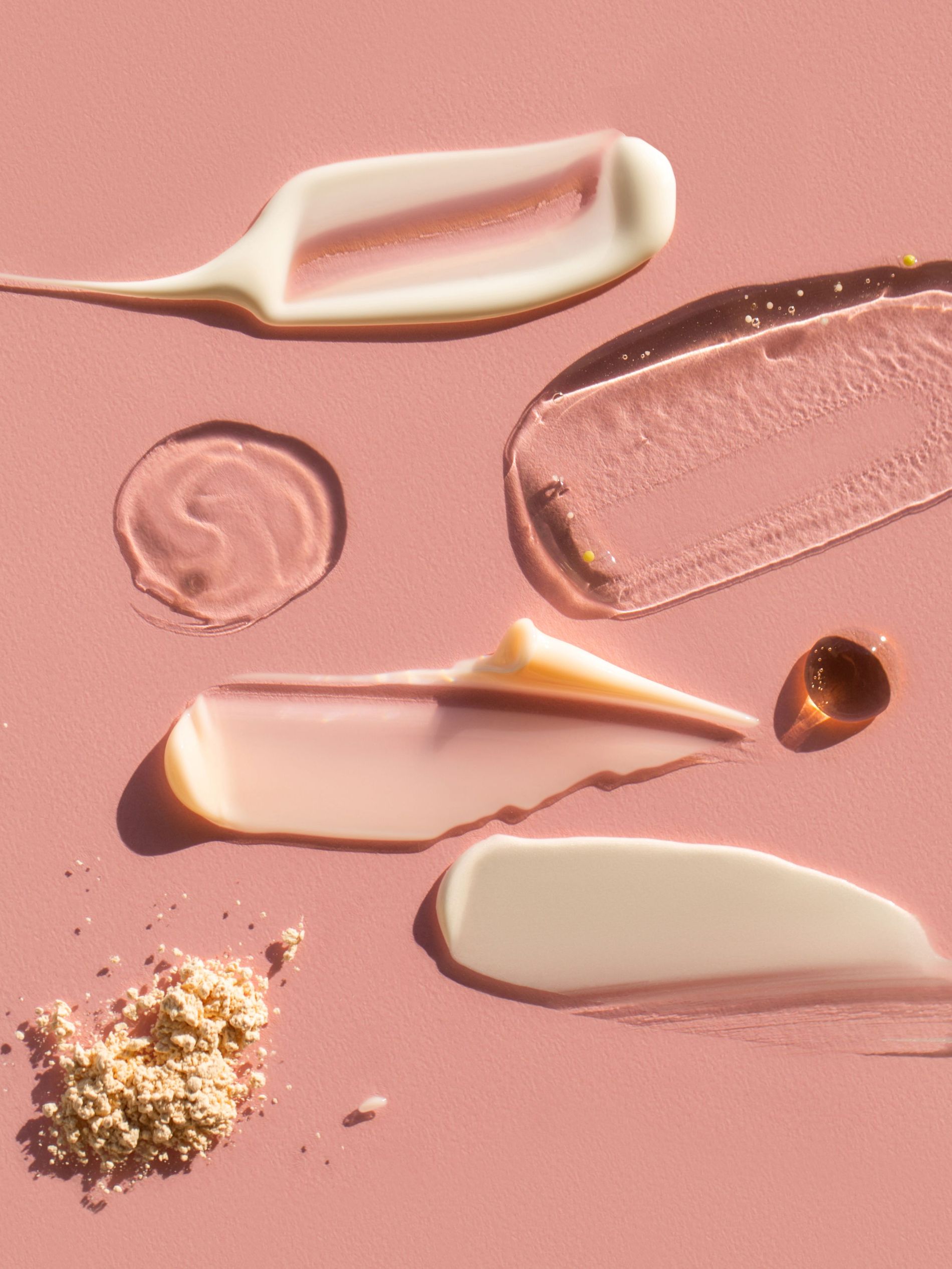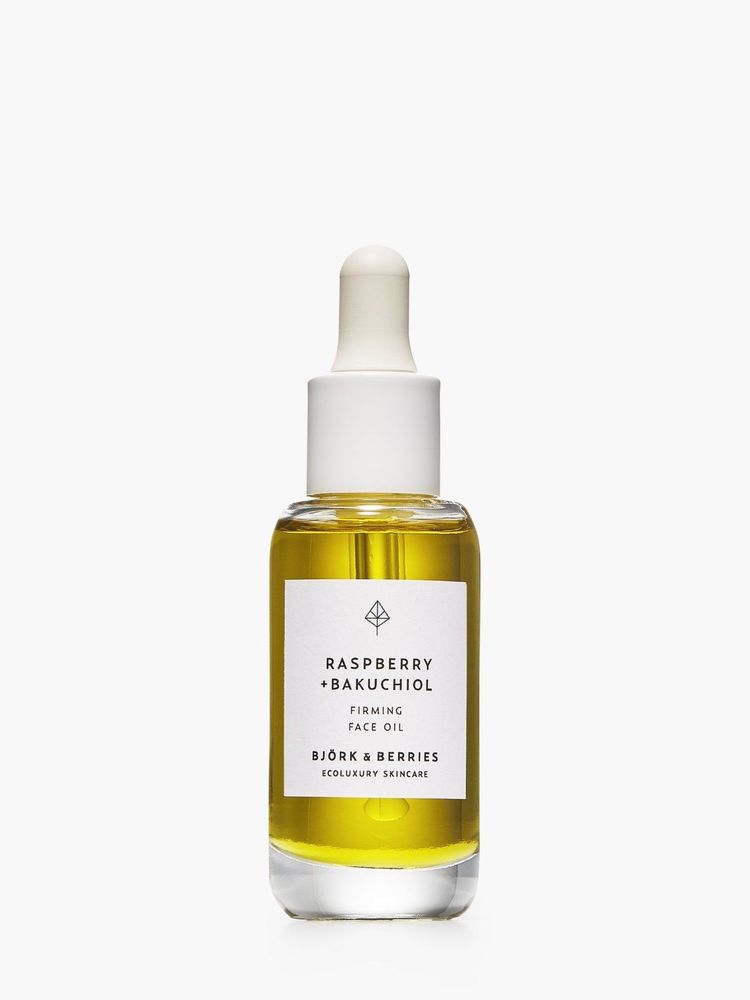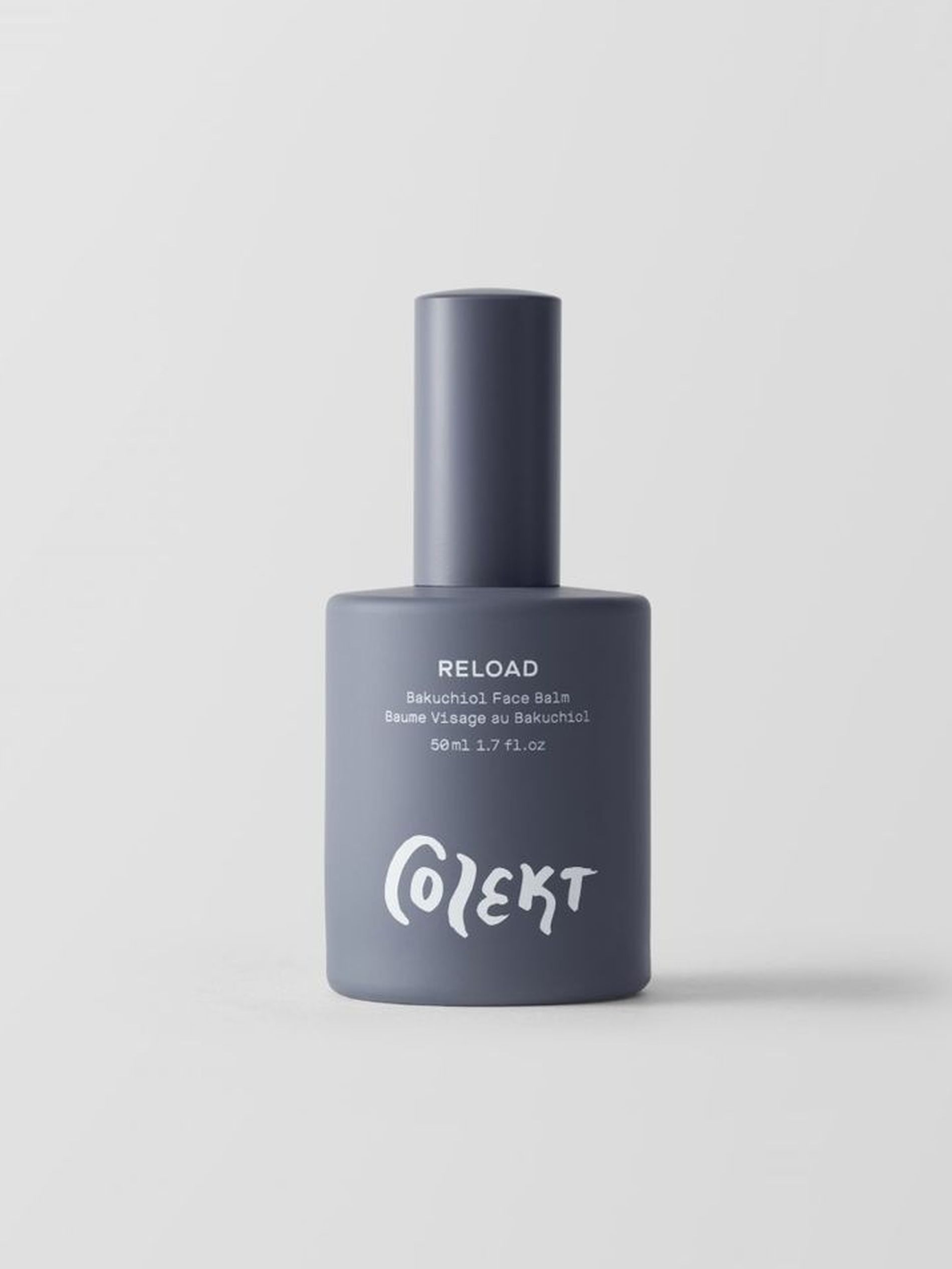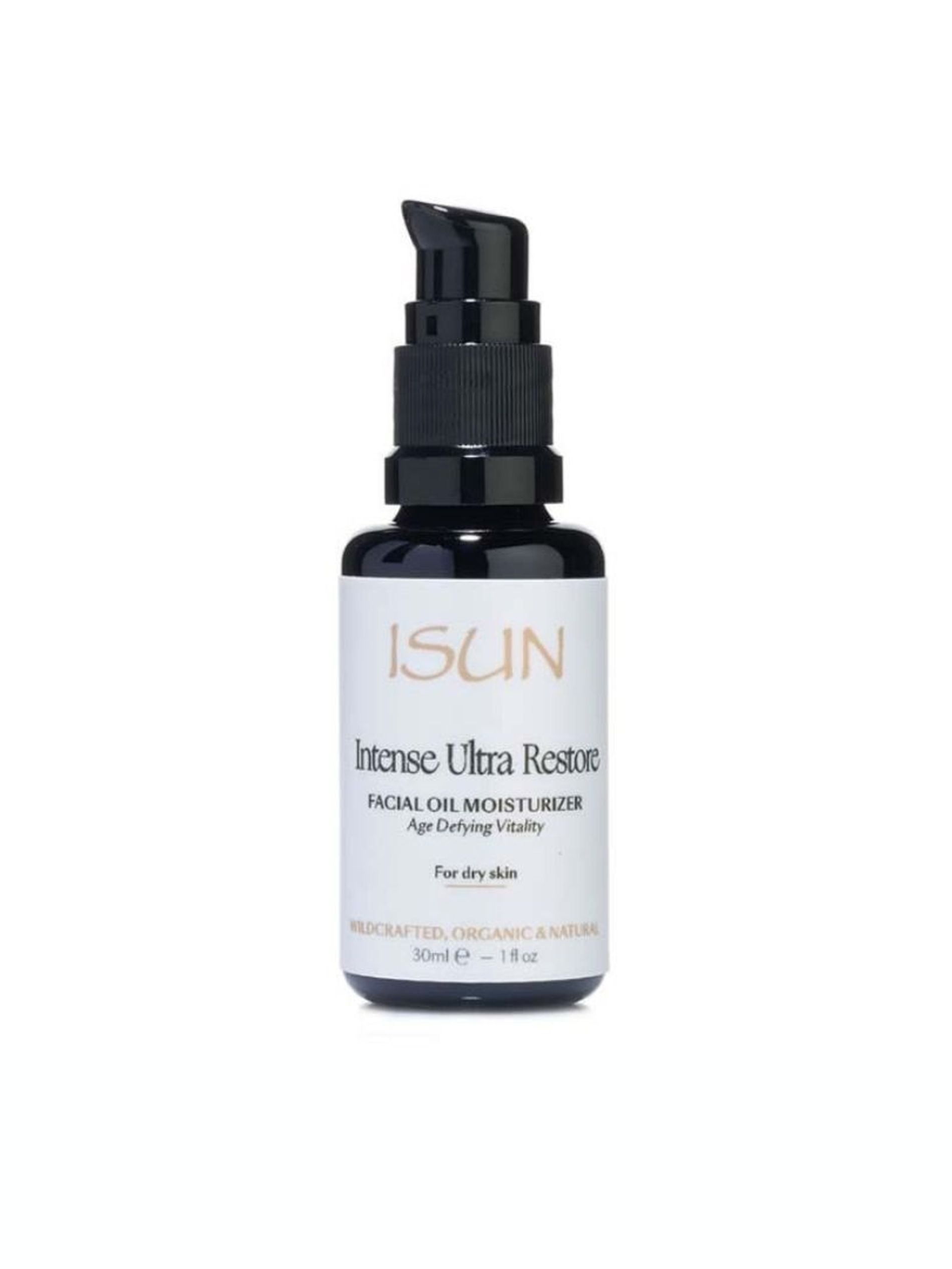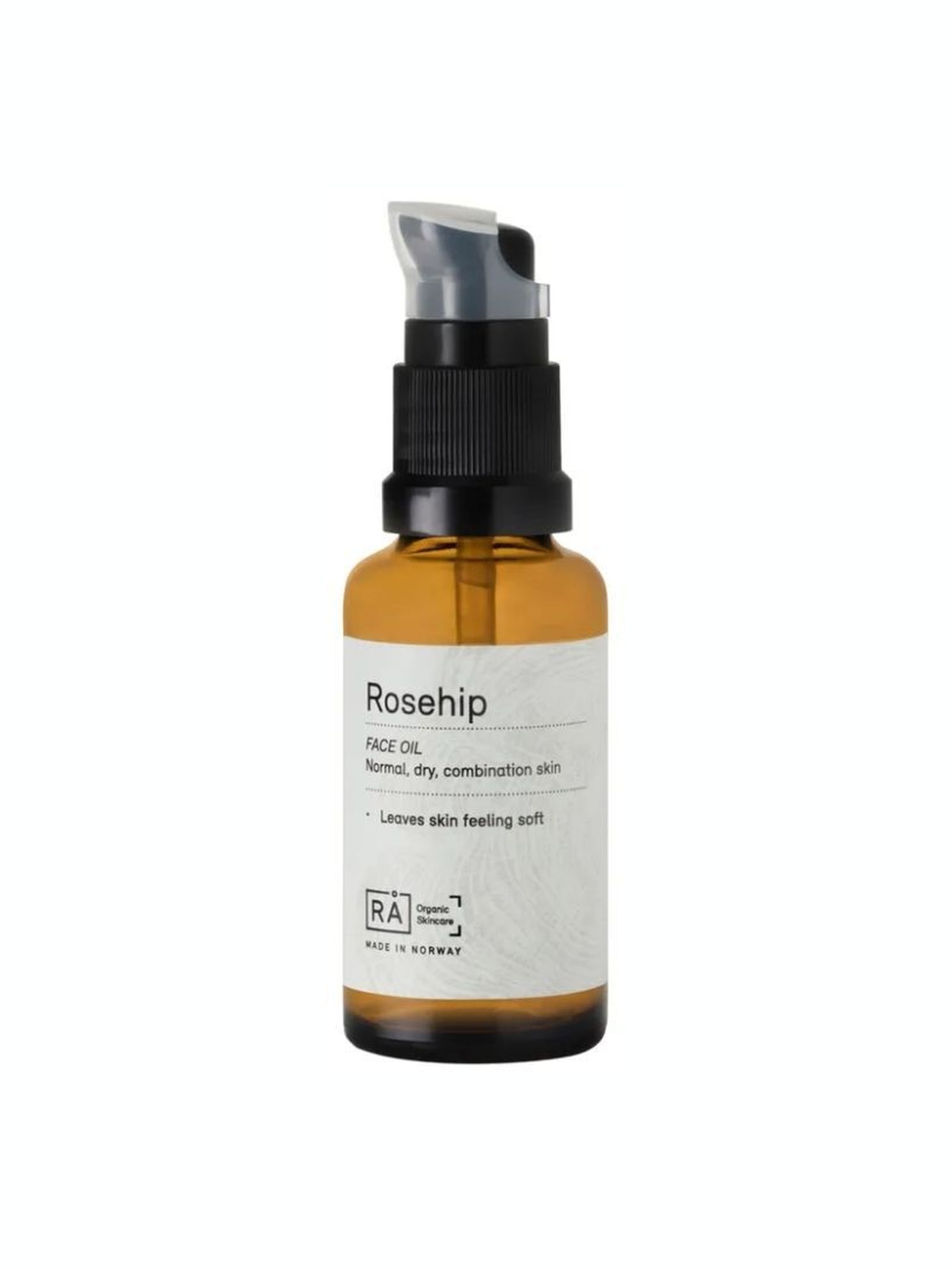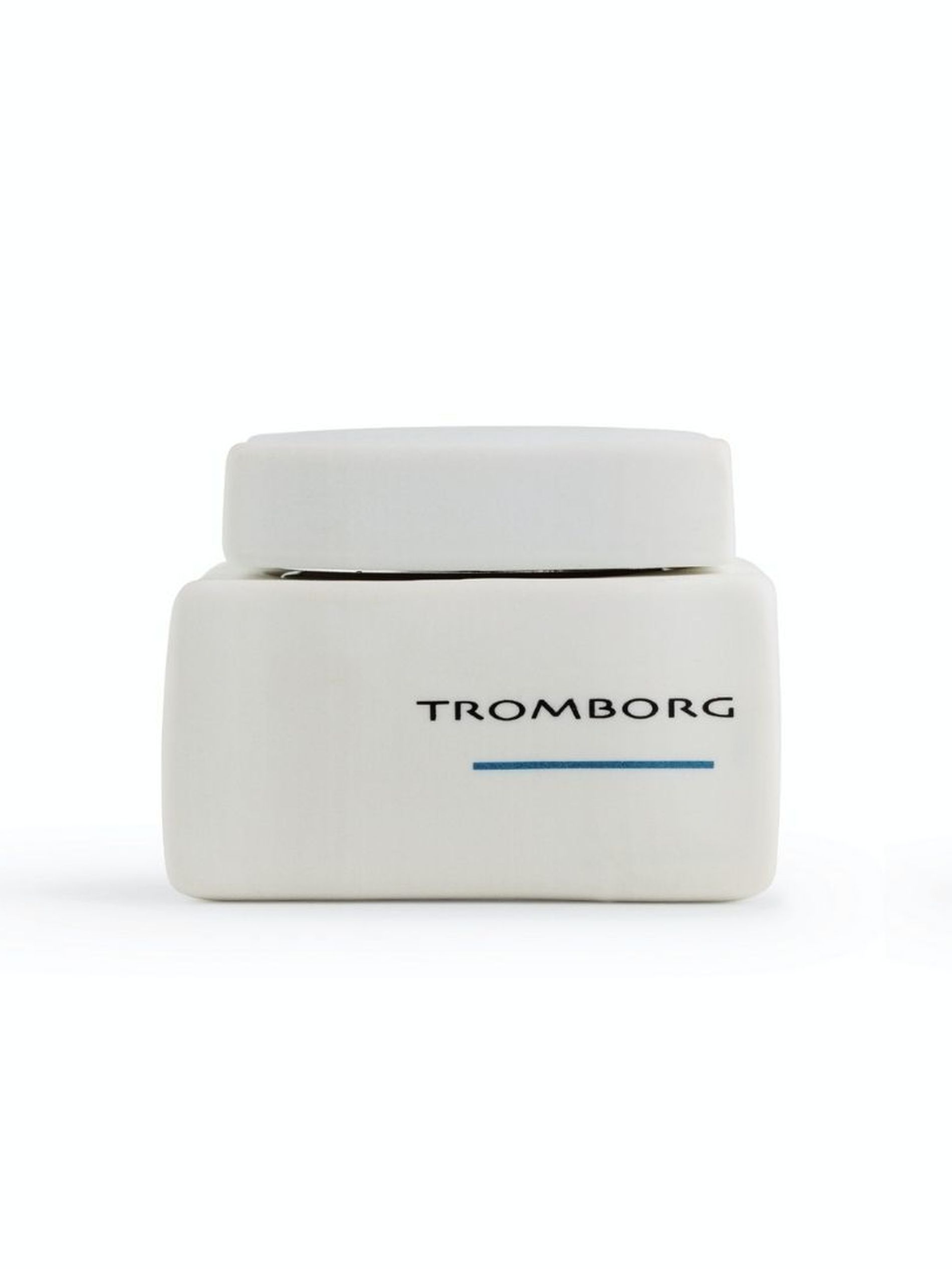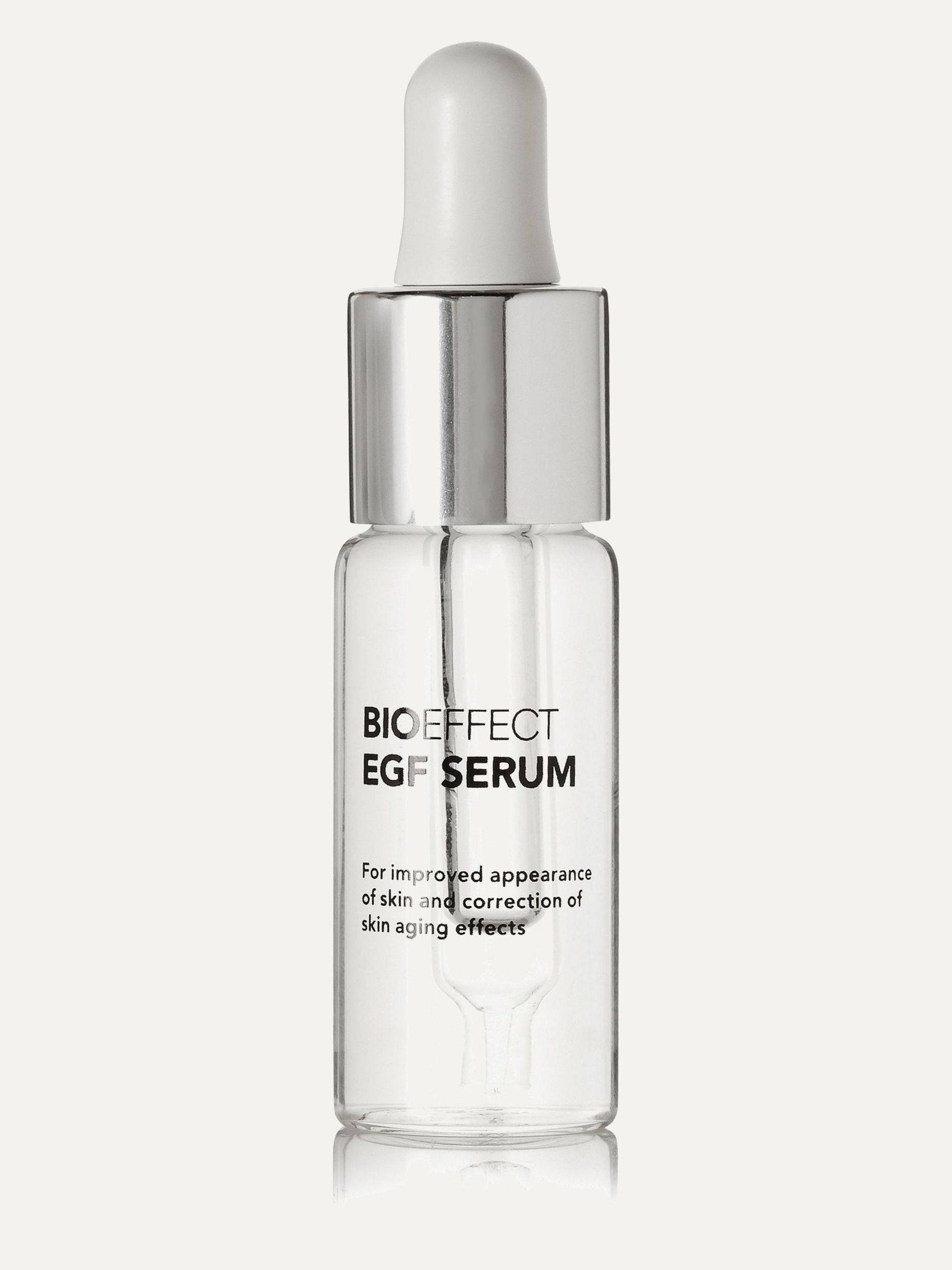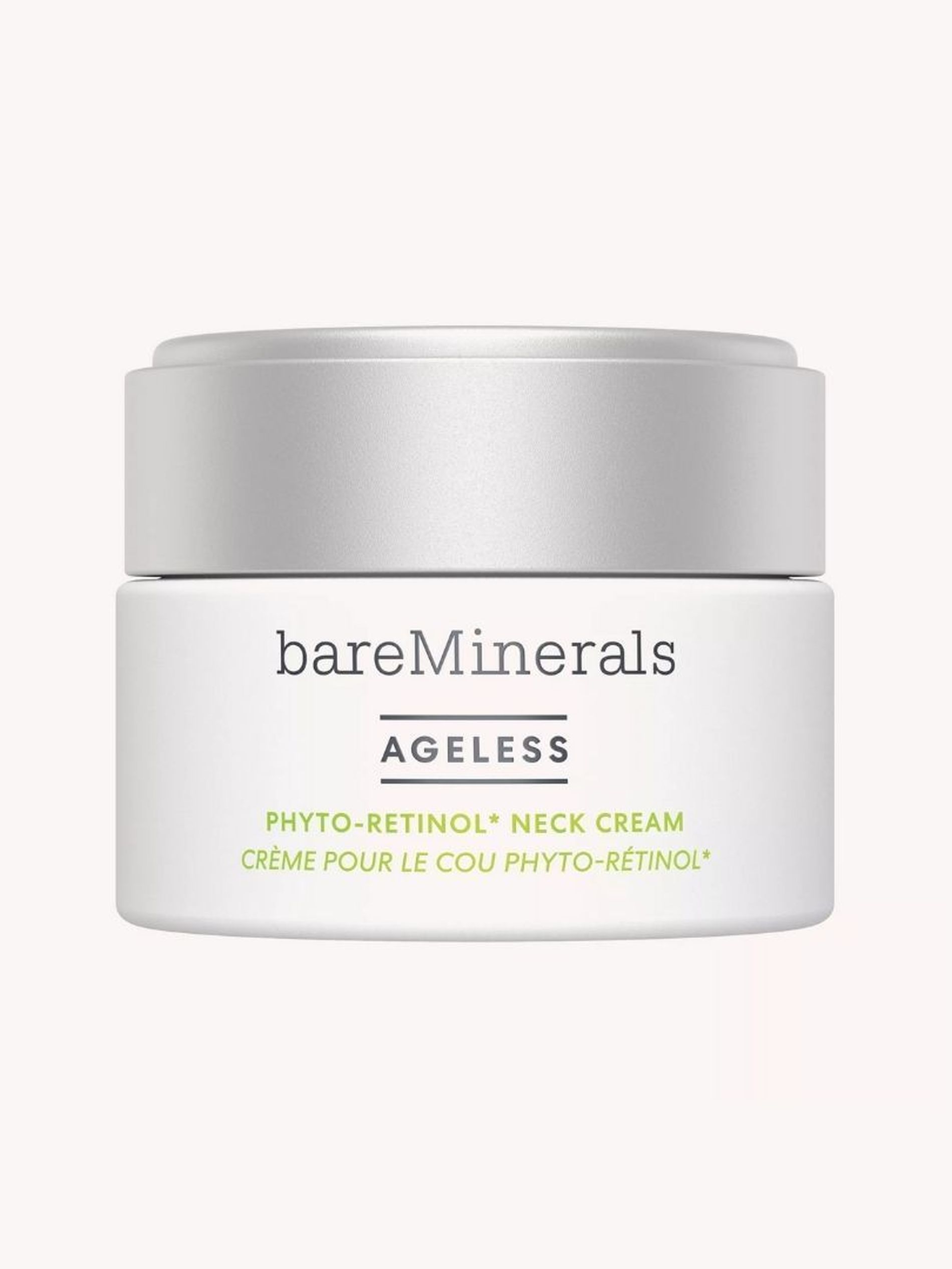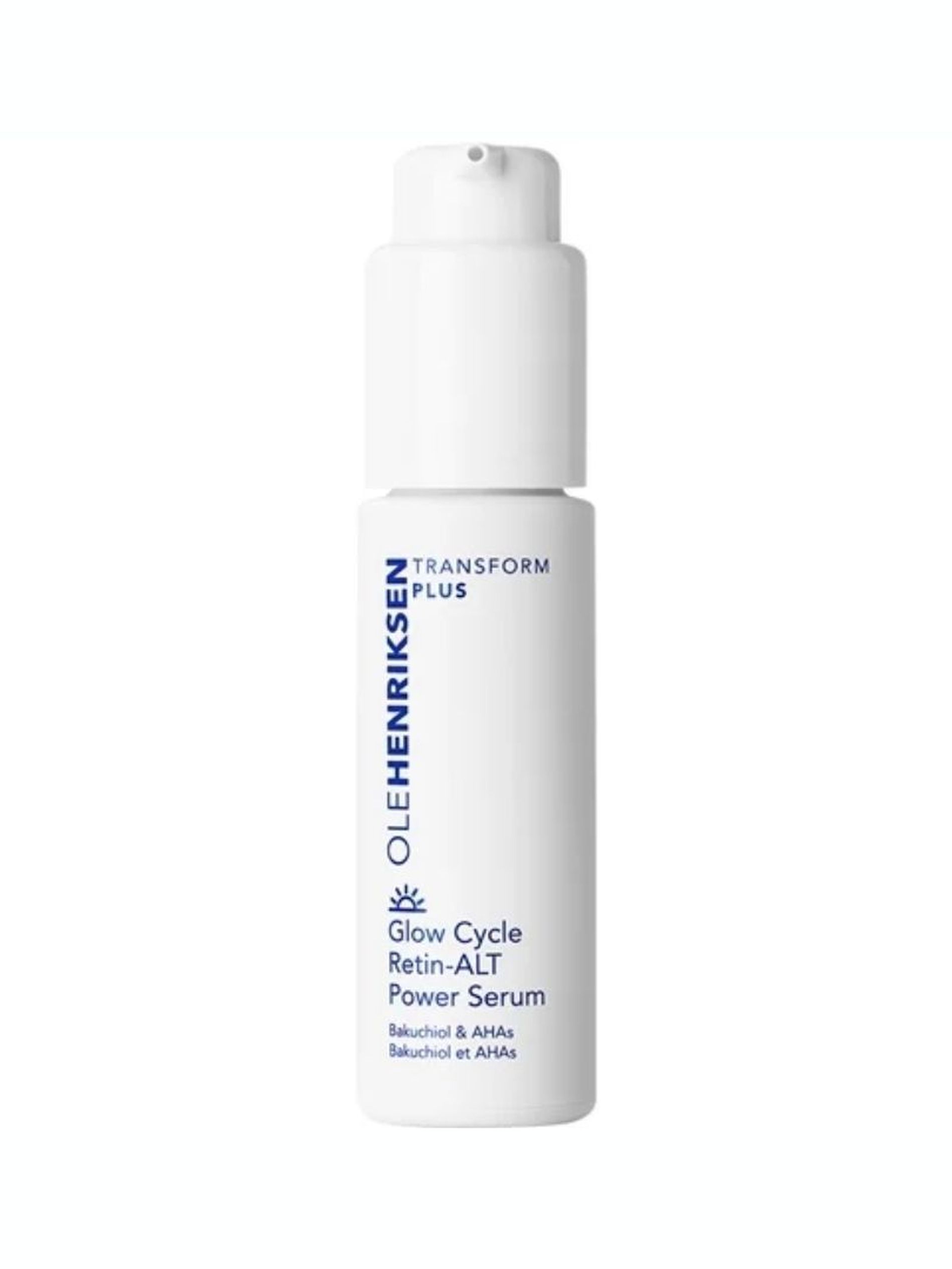Retinol is universally adored for turning the clock back on your skin but it does comes with a catch. Meet the new wave of retinol alternatives that balances out the benefits…
All products featured on Vogue are independently selected by our editors. However, when you buy something through our retail links, we may earn an affiliate commission.
Retinol is widely regarded as the silver bullet of the beauty world. Beloved by dermatologists, its benefits extend far beyond a renewed glow. This vitamin A derivative is proven to bring fresh skin cells to the surface faster, and also boosts collagen production to improve the appearance of fine lines, wrinkles, dark spots and even acne. But that’s where the fairytale ends. All of these baby-faced benefits come at a cost: red, dry, flaking skin. Given the cons, it’s no wonder there is an increase in demand for the best retinol alternatives, including its plant-based sibling bakuchiol.
There are a few reasons you might want to consider a retinol alternative: if you suffer from sensitivity, or prefer to lean on natural ingredients. If you’re pregnant or breastfeeding you’ll definitely want to make the switch as, unlike retinol, natural versions are completely safe to use. The same goes for those with darker skin tones who are wary of powerful ingredients such a vitamin A, which can trigger post-inflammatory hyperpigmentation.
Here, four of the best retinol alternatives.
Bakuchiol
Pronounced 'back-ooh-chee-all’ and extracted from the seeds of the Indian babchi plant, its roots lie in Indian Ayurvedic medicine for soothing inflammation. By far the most popular retinol alternative, bakuchiol has been scientifically proven to act as a ‘retinoid analogue’, meaning it mimics its effects (with the exception of making skin more sensitive to UV rays). “Bakuchiol helps to even skin tone, smooth texture and target fine lines and wrinkles,” says Danish skincare guru Ole Henriksen. “The beauty of this amazing botanical is that it can deliver the transformative benefits of retinol but is suitable for both day and night time use.”
A study published in the British Journal of Dermatology found that bakuchiol decreased fine lines and pigmentation at the same rate as retinol, noting that this botanical alternative “is better tolerated”.
Rose hip oil
Rose hip oil contains small concentrations of retinoic acids, a retinol derivative, which is why it's popular with expectant mothers keen to avoid stretch marks. The main issue is that the concentrations in skincare products is somewhat opaque, making it hard to determine how dramatic the effects will be. But given its inherent levels of vitamin C and essential fatty acids, rose hip oil will still even out your skin tone and texture (acne scars can also benefit) even if it doesn’t trigger the same degree of collagen production as traditional retinol. Where possible, choose a brand that is on board with CO2 extraction, as this method preserves more natural nutrients than cold-pressed rose hip oil.
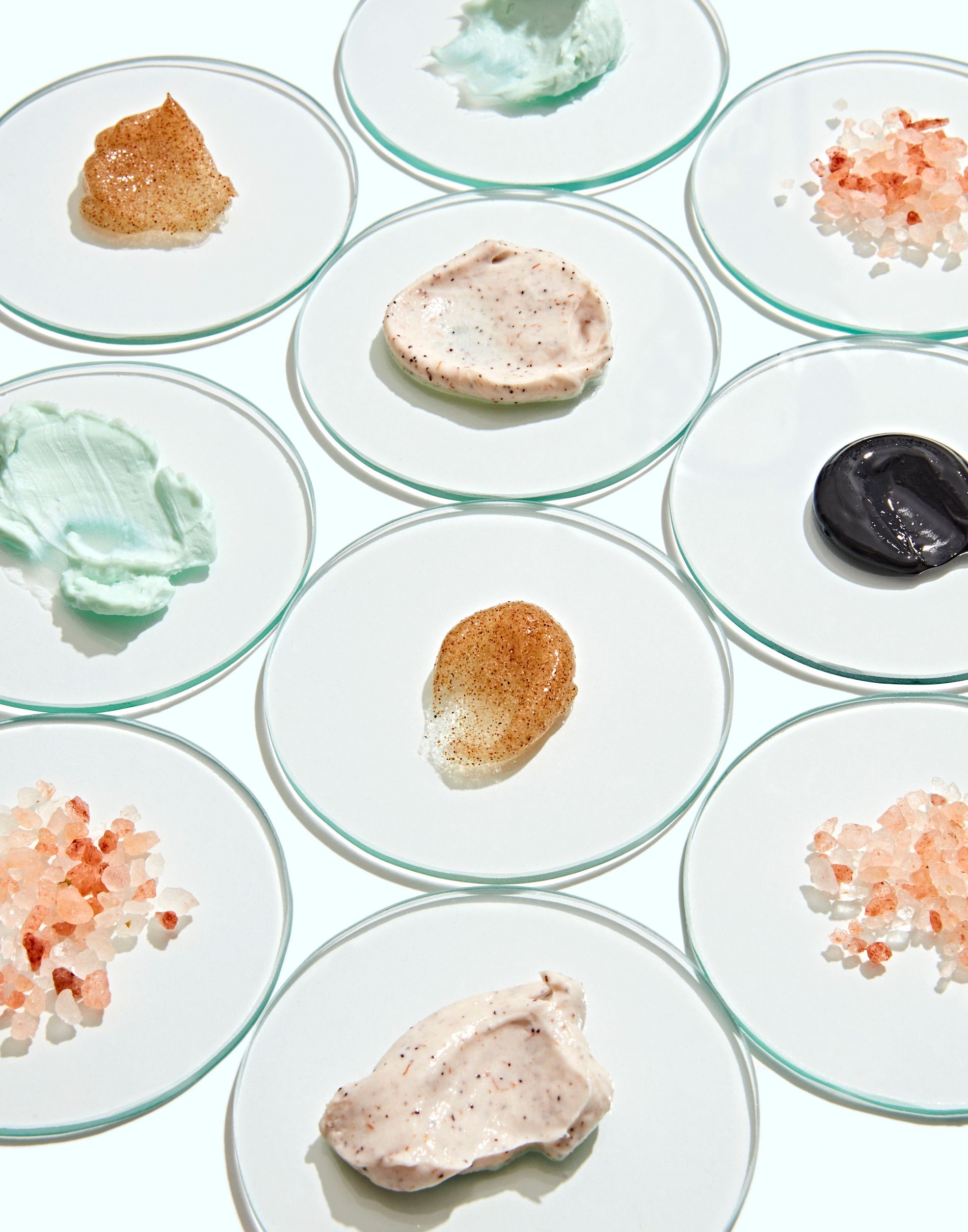
Photo: Getty
Bio-peptides
Both retinol and peptides talk to skin cells and tell them how to act like a younger version of themselves. But retinol is also positioned as a powerful skin resurfacer – something peptides are not, so they swerve that bedding-in period when skin becomes more fragile. Instead, peptides focus all their energy on helping the body create proteins like collagen and elastin, which keep the mattress of your skin plump and springy. “When used in skincare, peptides act as biological messengers, sending signals to our skin cells to produce various biological effects that prevent ageing,” explains Marianne Tromborg, founder of cult Danish skincare brand Tromborg, which has made high-tech bio-peptides a core tenet of the brand.
Bidens Pilosa
This unassuming member of the daisy family has been thrust into the limelight thanks to REN Clean Skincare, a sustainable British brand that is causing ripples in Scandinavia. According to global brand ambassador, David Delport, Bidens Pilosa clocks up similar results due to its retinol-mirroring behaviour. “Within our skin we have receptors that are akin to a lock that needs to be opened with a chemical key,” he explains. “It’s how most of the processes in the skin work. Bidens Pilosa contains a molecule ‘key’ called phytanic acid, which is shown to fit into the same lock as retinoic acid.” Independent research has found Bidens Pilosa increases the production of elastin alongside collagen type I and IV, making it a life raft for both sensitive and deflated skin.
